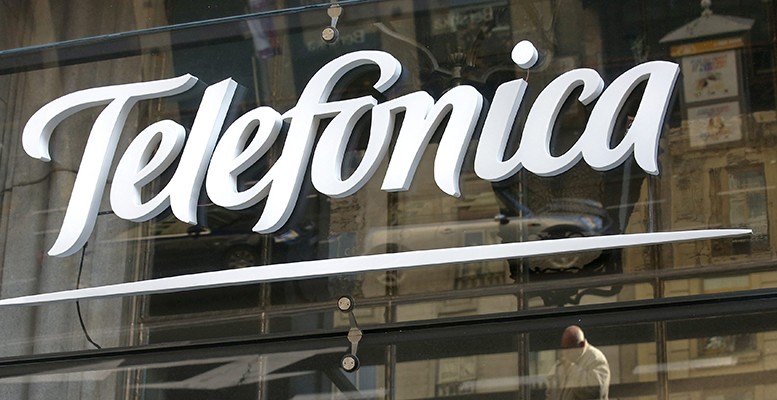Telefonica’s frustrated attempt to sell its UK unit O2 to Hutchison, because of a veto from the European Commission, is beginning to have consequences. The first is the replacement of the CEO of Telefonica UK, Ronan Dunne, by Mark Evans, a close confidant of Telefonica’s new chairman Alvarez-Pallete. This appointment could be the first step towards a future stock market listing for O2.
Telefonica presented its first half results on Thursday. These highlighted the reclassification back into full consolidation of its O2 UK subsidiary, which returns to the multinational’s permiter after five quarters on the outside. Revenues in the UK during H1’16 reached 3,464 million euros compared with 25,235 million in the consolidated group, remaining stable year-on-year (-0.1% ex “02 Refresh).
Data revenue improved 1.9% year-on-year in the April to June period (+1.7% in January-June), driven by the sustained growth of non-SMS data revenue. Operating income before depreciation and amortisation (OIBDA) totalled 918 million euros in the UK vs a group total of 7,756 million euros.
According to information which is circulating, but not yet confirmed, Telefonica could list 30%-40% of O2’s capital on the stock market. The Spanish telco giant, which could raise between 3 and 4 billion euros from the operation, would continue to fully consolidate O2 via the global integration method. So it would not have to cut as much debt as it would have to do if it sold off the whole of the unit to comply with the net debt to EBITDA ratio.
In parallel with this operation, and to show that there is still life in the old dog after the Commission’s hard blow, Telefonica has also announced the sale of 1.5% of its stake in China Unicom for 322 million euros. This is in line with the group’s strategy of selling non-core business holdings, after the failure to sell O2, to reduce its over 50 billion euros debt.
Although the divestment is unlikly to generate capital gains for Telefonica, the decision responds to demands from analysts and rating agencies for the company to tackle operations of significance with the aim of lightening its balance sheet and avoiding a cut in ratings, with the subsequent increase in financing costs this would imply.
There are other lesser transactions which the company can carry out along the same lines. For example, a reduction in its direct stake in Indra (3.16%) or the widespread rumour that it may pull out of Mexico. After 16 years, Telefonica is still in a fierce power struggle there with Telcel, owned by Carlos Slim’s America Movil, with a 66% share of the market, or AT&T with over 10%.
Telefónica achieved a net profit of 1,241 million euros while significantly improving cash flow generation, with a year-on-year increase of the free cash flow during the semester of more than 1,000 million euros.
Thus, in the balance statement published today, the Executive Chairman of Telefónica, José María Álvarez-Pallete, explained that “with these results and the expected improvement of free cash flow generation in the second half of the year”. The Company confirms its objectives for 2016, including thedividend of 0.75 Euros per share, and the leverage ratio in the mid-term.





